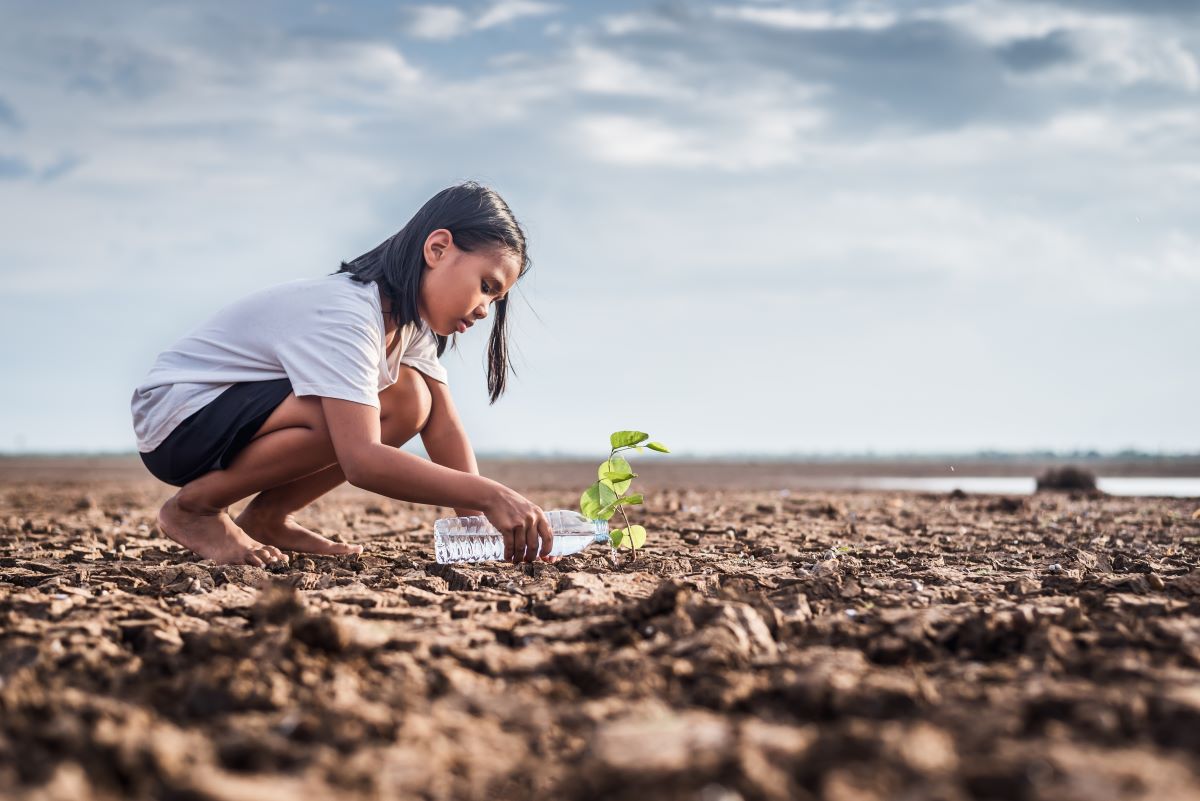How Eco-Anxiety Is Shaping the Minds of the Next Generation
The climate crisis isn’t just harming our planet; it’s taking a toll on our mental health too. How is eco-anxiety affecting us, and what can we do about it?
1. Constant Bad News

The relentless stream of bad news about climate change is overwhelming. It’s hard to stay positive when every headline is about another disaster.
2. Feeling Helpless

Feeling like our actions are too small to make a difference contributes to anxiety. The enormity of the crisis can make individual efforts seem futile.
3. Future Uncertainty

Uncertainty about the future creates deep-seated fear and anxiety. Not knowing what the world will look like in a few decades is unsettling.
4. Guilt Over Lifestyle Choices

Guilt about our own environmental impact can be paralyzing. Knowing that daily actions contribute to the problem makes it hard to feel at ease.
5. Impact on Children

Parents worry about the world their children will inherit. This concern for the next generation amplifies eco-anxiety.
6. Social Media Stress

Social media exposes us to constant updates about environmental issues. While informative, it can also increase stress and anxiety.
7. Loss of Natural Spaces

Witnessing the destruction of natural spaces we love is heartbreaking. It’s painful to see favorite places disappear due to climate change.
8. Community Strain

Climate change is straining communities, leading to social and mental health issues. Displacement and resource scarcity create additional stress.
9. Economic Pressures

Financial strain due to climate impacts adds to anxiety. Job loss and economic instability linked to environmental changes are real concerns.
10. Health Risks

Worrying about health risks from climate change, like heatwaves and pollution, affects mental well-being. These concerns are ever-present and stressful.
11. Advocacy Burnout

Image Credit: Shutterstock / Philip Robinson 1
Activists often experience burnout from fighting an uphill battle. The constant push for change can lead to exhaustion and despair.
12. Climate Refugees

The plight of climate refugees adds to collective anxiety. Their stories are a stark reminder of the crisis’s human impact.
13. Misinformation

Dealing with misinformation and denialism adds to frustration and anxiety. It’s stressful to combat false narratives while advocating for change.
14. Eco-Grief

Grieving the loss of species and ecosystems is a real emotional response. Eco-grief is a deep sadness for the planet’s degradation.
15. Lack of Government Action

Frustration with government inaction heightens anxiety. Feeling let down by leaders adds to the sense of helplessness.
16. Ethical Dilemmas

Facing ethical dilemmas about consumption and lifestyle choices is stressful. Balancing personal needs with environmental responsibility is challenging.
17. Overwhelming Scope

The vast scope of climate change makes it hard to know where to start. This can lead to paralysis and inaction, feeding anxiety.
18. Media Sensationalism

Sensationalist media coverage can amplify fear. While raising awareness, it can also heighten anxiety unnecessarily.
19. Loss of Hope

Losing hope that we can fix the problem is debilitating. Despair over the future of the planet can lead to severe anxiety and depression.
20. Interpersonal Strain

Climate-related stress can strain relationships. Differing views on climate action can create conflict and isolation.
21. Finding Coping Mechanisms

Finding healthy ways to cope with eco-anxiety is crucial. Whether through activism, community support, or mental health resources, addressing this anxiety is essential for well-being.
Eco-Anxiety: Navigating the Mental Health Impact

How are you coping with the mental toll of climate change? What steps can we take to support each other through this crisis?
Banned in the USA: 14 Everyday Items We Can’t Have

Ever feel like America’s rulebook was written by someone with a dartboard? Across the pond or down under, things get even wackier. Let’s take a walk on the wild side of global “Do’s” that are definite “Don’ts” in the Land of the Free. Are you ready to find out just how bizarrely different the world can be? Banned in the USA: 14 Everyday Items We Can’t Have
Gone From the Shelves: Why 18 American Staples Vanished

Over the years, various foods that were once staples in American kitchens have been banned or are no longer allowed to be sold due to health, environmental, or ethical reasons. Here’s a list of 18 such items, detailing why they’ve been pulled off the market. Do you remember any of these? Gone From the Shelves: Why 18 American Staples Vanished
Eat & Drink at Your Own Risk: 20 Foods to Keep Away From Your Family

When it comes to food and drinks, not all choices are created equal. Some items on the shelves are so bad for your health that they’re almost legendary. Here’s a list of some of the absolute worst food and drink products—specific brands included—that you might want to avoid at all costs if you care about your nutritional intake. Eat & Drink at Your Own Risk: 20 Foods to Keep Away From Your Family
Featured Image Credit: Shutterstock / palidachan.
The content of this article is for informational purposes only and does not constitute or replace professional advice.
The images used are for illustrative purposes only and may not represent the actual people or places mentioned in the article.







